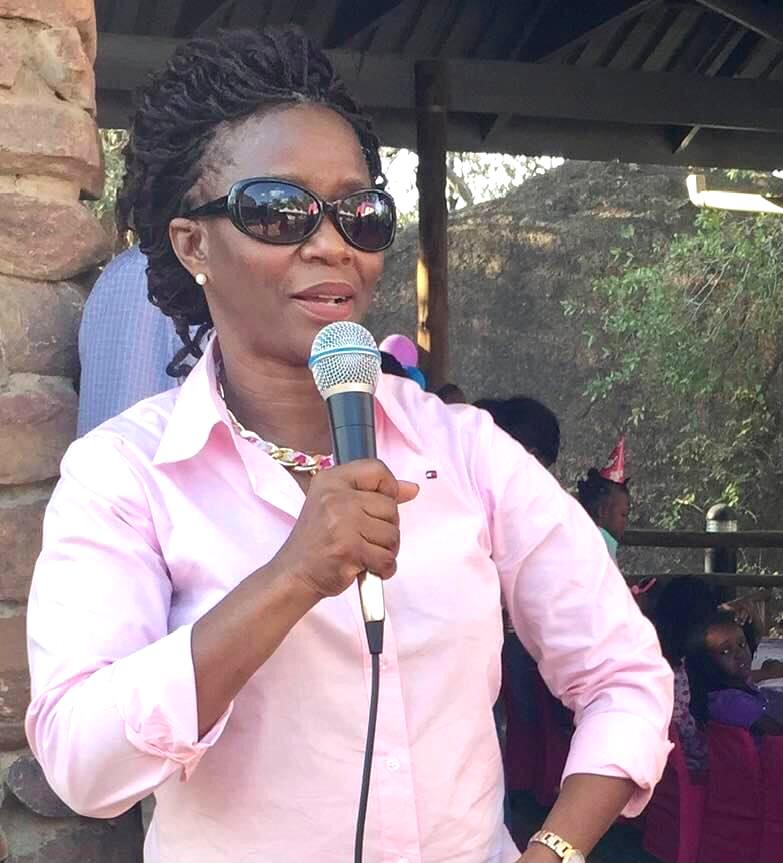Prof Mbongwe is Botswana Representative in UN Expert Group on DDT
Associate Professor of Environmental Health and Toxicology in the Department of Environmental Health, Professor Bontle Mbongwe, has  been appointed member of the United Nations Environmental Programme DDT Expert Group under the Stockholm Convention.
been appointed member of the United Nations Environmental Programme DDT Expert Group under the Stockholm Convention.
Professor Mbongwe’s appointment letter was signed by United Nations Executive Secretary for the Basel, Rotterdam and Stockholm Convention, Dr Rolph Payet.
“I am pleased to inform you that the government of Botswana has selected you to be a member of the DDT expert group established under the Stockholm Convention for the period 1 September 2019 to 30 August 2023," said Dr Payet in the letter.
The DDT expert group comprises 18 members 10 of which are nominated by parties to the Stockholm Convention, giving due consideration to malaria endemic countries, with two from each of the five United Nations regions.
Five invited experts are selected by the World Health Organization while three are selected by the Stockholm Convention Secretariat in consultation with the Chemicals Branch of the UNEP Division of Technology, Industry and Economics (UNEP Chemicals). They include a consultant who analyses the information collected and prepare a preliminary report for the DDT expert group.
The Expert Group’s mandate is to undertake assessment of scientific, technical, environmental and economic information on the production  and use of DDT and its alternatives for disease vector control and make recommendations to the Conference of the Parties on the continued need for DDT for disease vector control.
and use of DDT and its alternatives for disease vector control and make recommendations to the Conference of the Parties on the continued need for DDT for disease vector control.
According its terms of reference, the group meets approximately six months before each meeting of the Conference of the Parties to undertake a situational analysis on the production and use of DDT and the conditions for such use, including a review of the responses by countries.
Further, the expert group evaluates the availability, suitability and implementation of alternative products, methods and strategies to DDT besides progress in strengthening the capacity of countries to shift in a safe fashion to a reliance on suitable alternative products, methods and strategies to DDT, based on a review of the opportunities and needs in countries for sustainable transition.
Its mandate is to also consider and assess actions being taken by Parties to accomplish the Development of regulatory and other mechanisms to ensure that DDT use is restricted to disease vector control.